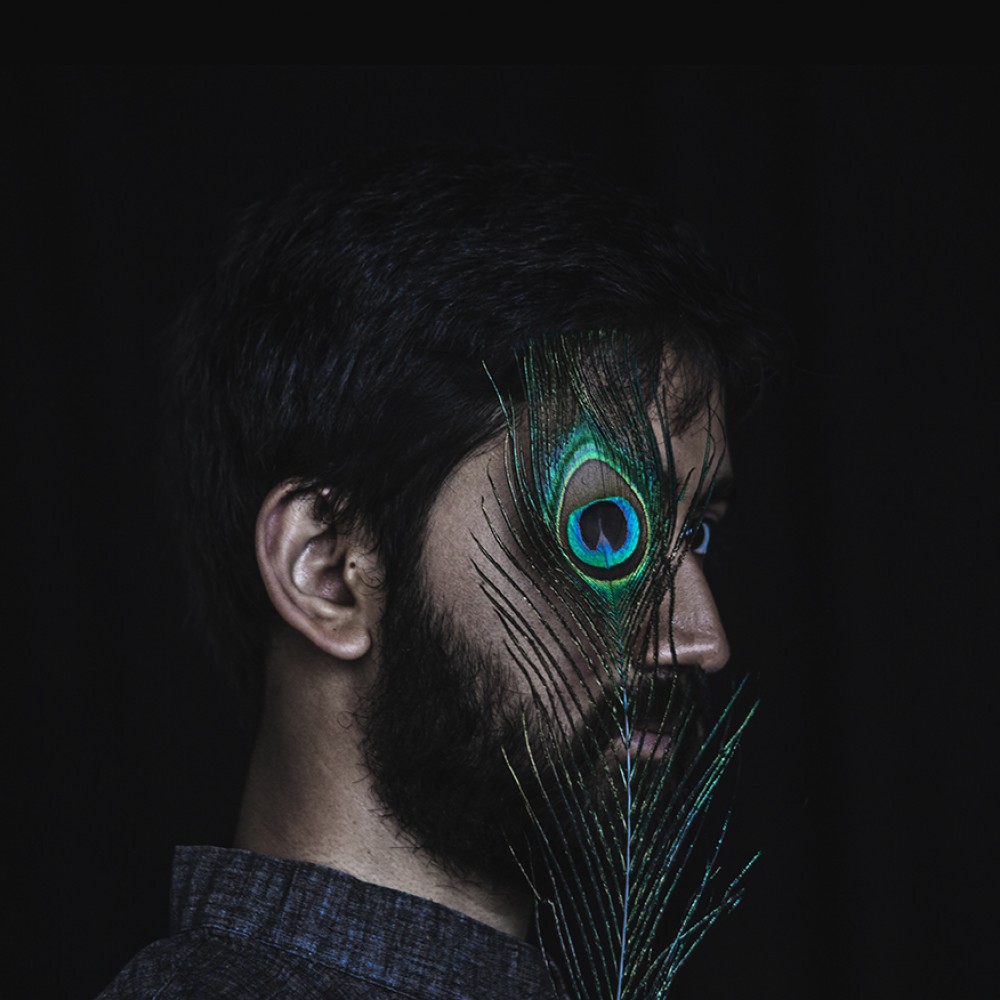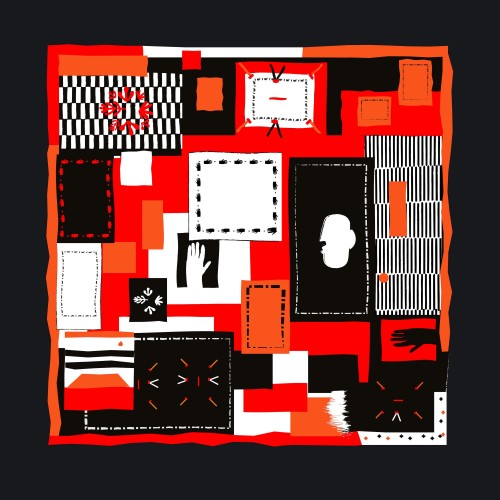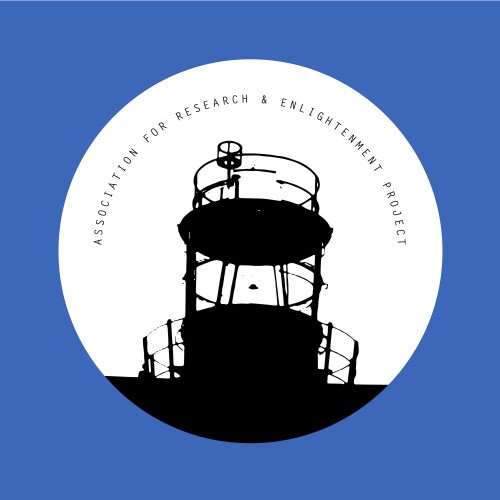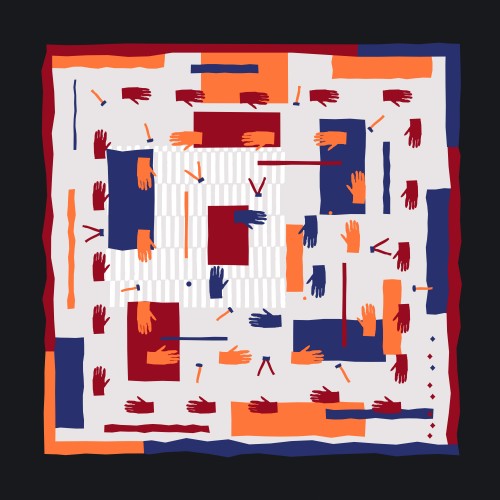
Sarathy Korwar
On Ninja Tune
BIOGRAPHY
Born in the US, Sarathy Korwar grew up in Ahmedabad and Chennai in India. He began playing tabla aged 10 but was also drawn to the American music that he heard on the radio and that leaked through the doorway of his local jazz music shop, Ahmad Jamal were John Coltrane early discoveries. At 17, Sarathy moved to Pune to study for a degree in Environmental Science, but instead dedicated his time to music: practicing tabla under the tutelage of Rajeev Devasthali, translating ...
Born in the US, Sarathy Korwar grew up in Ahmedabad and Chennai in India. He began playing tabla aged 10 but was also drawn to the American music that he heard on the radio and that leaked through the doorway of his local jazz music shop, Ahmad Jamal were John Coltrane early discoveries. At 17, Sarathy moved to Pune to study for a degree in Environmental Science, but instead dedicated his time to music: practicing tabla under the tutelage of Rajeev Devasthali, translating his skills to the Western drumkit and playing as a session musician. Finishing his studies, Sarathy began to think about pursuing a career in music and moved to London, where he trained as a classical tabla player under the guidance of Sanju Sahai and graduated with a MMus in Performance from SOAS (School of Oriental and African Studies) focusing on the adaptation of Indian classical rhythmic material to non-Indian percussion instruments.
Working the angles in London’s jazz scene, Sarathy connected with Shabaka Hutchings (Sons of Kemet, The Comet is Coming), Cara Stacey (Kit Records) and played with clarinettist Arun Ghosh. He was, however, itching to create under his own name and he started researching and formulating the concept for Day To Day and planning a trip to India to record the Sidis. It was late in 2014 when Sarathy heard about the Steve Reid Foundation. He applied with a three-minute video explaining his vision for the record and was accepted onto the project to be mentored by the foundation’s patrons: Four Tet, Floating Points, Gilles Peterson, Koreless and Nick Woodmansey (Emanative).
Sarathy Korwar
On Ninja Tune
Albums
Latest News
BIOGRAPHY
Born in the US, Sarathy Korwar grew up in Ahmedabad and Chennai in India. He began playing tabla aged 10 but was also drawn to the American music that he heard on the radio and that leaked through the doorway of his local jazz music shop, Ahmad Jamal were John Coltrane early discoveries. At 17, Sarathy moved to Pune to study for a degree in Environmental Science, but instead dedicated his time to music: practicing tabla under the tutelage of Rajeev Devasthali, translating his skills to the We...
Born in the US, Sarathy Korwar grew up in Ahmedabad and Chennai in India. He began playing tabla aged 10 but was also drawn to the American music that he heard on the radio and that leaked through the doorway of his local jazz music shop, Ahmad Jamal were John Coltrane early discoveries. At 17, Sarathy moved to Pune to study for a degree in Environmental Science, but instead dedicated his time to music: practicing tabla under the tutelage of Rajeev Devasthali, translating his skills to the Western drumkit and playing as a session musician. Finishing his studies, Sarathy began to think about pursuing a career in music and moved to London, where he trained as a classical tabla player under the guidance of Sanju Sahai and graduated with a MMus in Performance from SOAS (School of Oriental and African Studies) focusing on the adaptation of Indian classical rhythmic material to non-Indian percussion instruments.
Working the angles in London’s jazz scene, Sarathy connected with Shabaka Hutchings (Sons of Kemet, The Comet is Coming), Cara Stacey (Kit Records) and played with clarinettist Arun Ghosh. He was, however, itching to create under his own name and he started researching and formulating the concept for Day To Day and planning a trip to India to record the Sidis. It was late in 2014 when Sarathy heard about the Steve Reid Foundation. He applied with a three-minute video explaining his vision for the record and was accepted onto the project to be mentored by the foundation’s patrons: Four Tet, Floating Points, Gilles Peterson, Koreless and Nick Woodmansey (Emanative).



